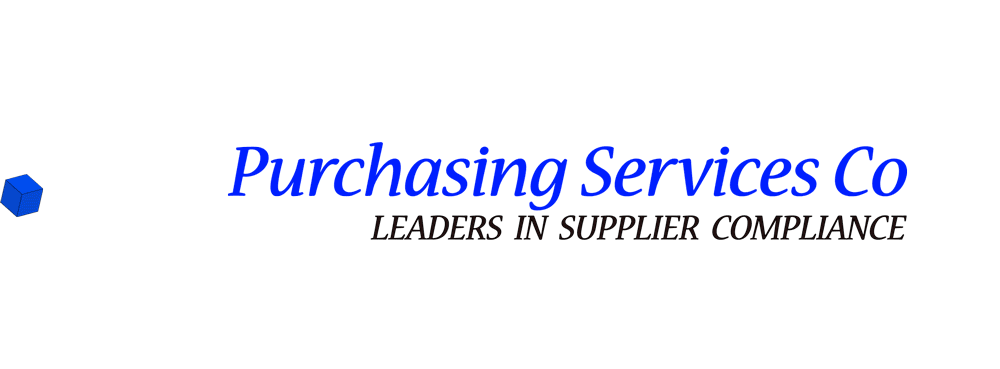Workplace Injury: Distractions in the Workplace May Lead to Injuries, Lost Time, and Lost Productivity

How many times has it happened? You’re intently concentrating on a task at work but then a co-worker stops to ask a question or just say hi. Your attention is drawn away from what you were working on to respond to your co-worker, and then it takes a minute or two to get back on track with your task.
Studies have shown that the average worker is interrupted 56 times during the course of the workday. That averages out to seven interruptions per hour over a typical eight-hour day. The interruption may take the form of a co-worker stopping by either for gossip or an impromptu work meeting, a phone call, or an email. No surprise that the biggest distractions are due to mobile phones – either calls or texts – and social media or surfing the internet.
If you work in an office, it is likely that the disruptions won’t cause any serious safety concerns, but distractions on the shop or factory floor can have dire consequences. Every time a worker is distracted, he or she can lose the awareness needed to maintain a safe workplace. In a hazardous workplace, it may only take a split-second loss of focus to result in a serious injury.
Here’s a List of Do’s and Don’ts To Avoid Workplace Injury:
- Don’t try to multitask. When you multitask, you divide your attention between two or more things. A divided attention can mean that you pay attention to the wrong thing at the wrong time.
- Do turn off your cell phone. Make time to return texts, calls, or check social media when you are on break or after work. Looking at your phone’s screen is not smart in a dangerous workplace.
- Don’t wear headphones that block out sound cues that you might need to keep safe. Your eyes and your ears can provide cues to keep you safe and danger at bay.
- Do shut down any machine you are operating before responding to a coworker. It only takes a split second for a saw blade to inflict a serious injury. Shut down any tools or machinery before turning your attention to another person.
- Don’t let your workspace become cluttered. A tidy work area reduces distractions and leads to fewer injuries. It can also increase efficiency.
- Do speak up about persistent distractions. While there are some distractions that can’t be avoided, if you are continually distracted by the same thing, chances are that others are too. Speak up and let management know so that the safety issue may be addressed.
- Don’t dismiss employees’ mental (stress, anxiety, or worry) or physical (pain, hunger, or fatigue) exhaustion. Accidents can result from both mental and physical causes.
- Do allow short breaks throughout the day for employees to rest and recharge. It may prove more productive in the long run to have an employee take a five-or ten – minute break when they are feeling distracted than to risk a serious accident because someone is mentally or physically fatigued.
